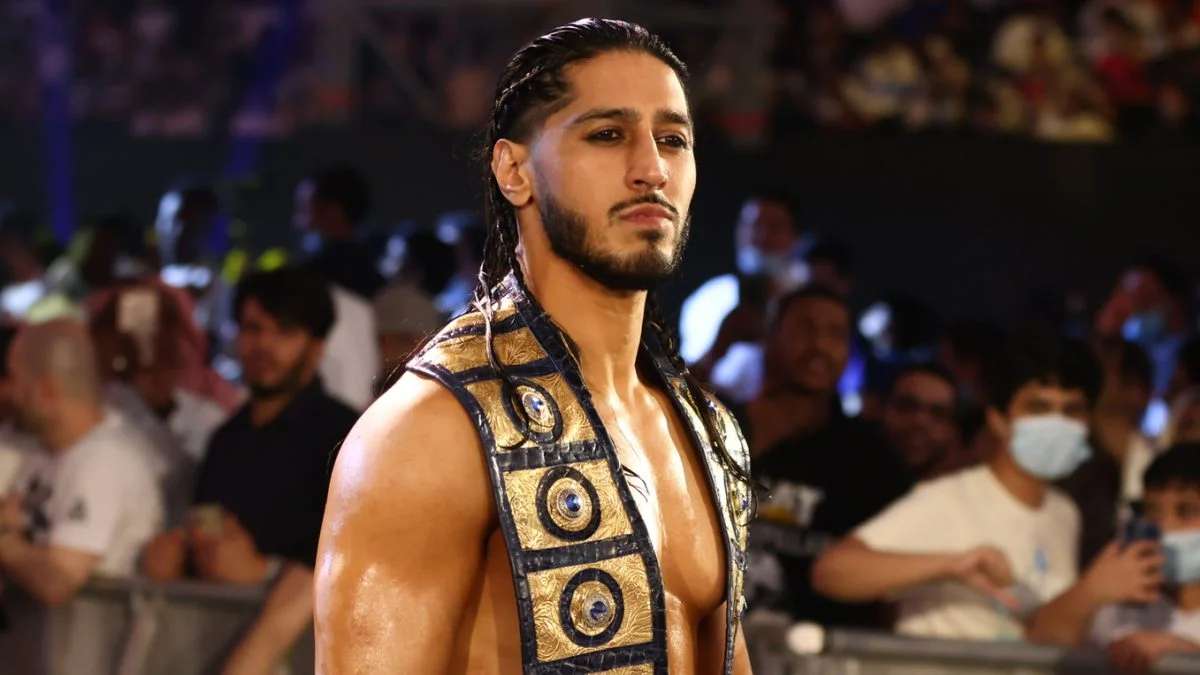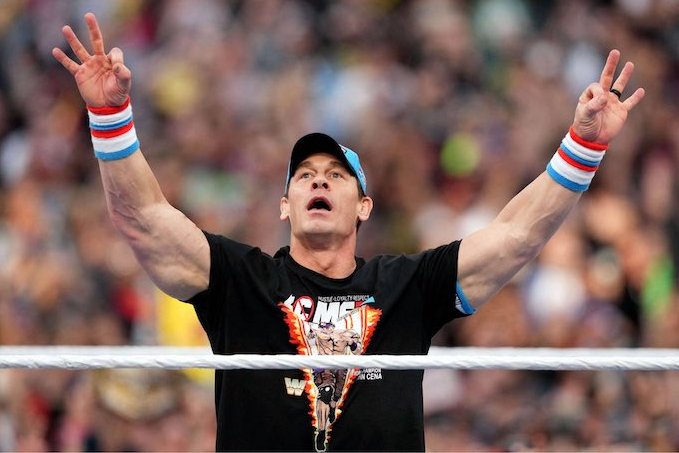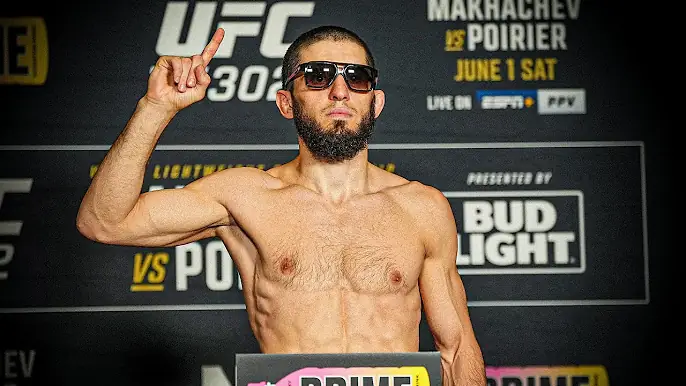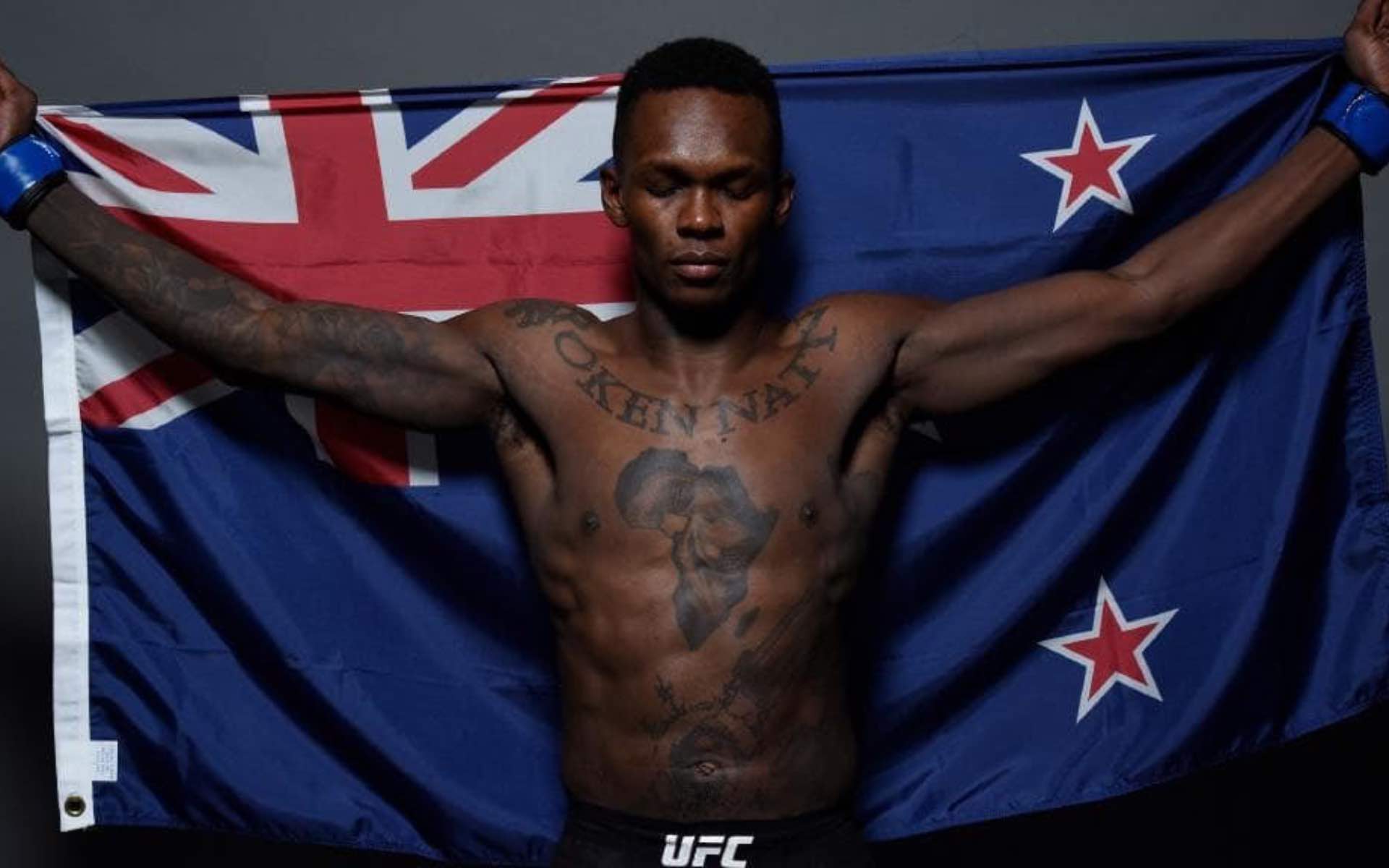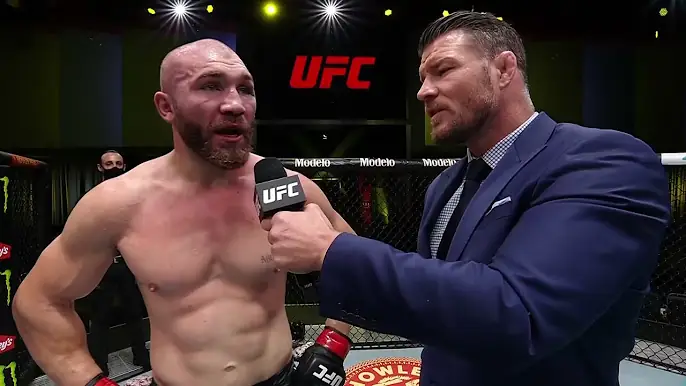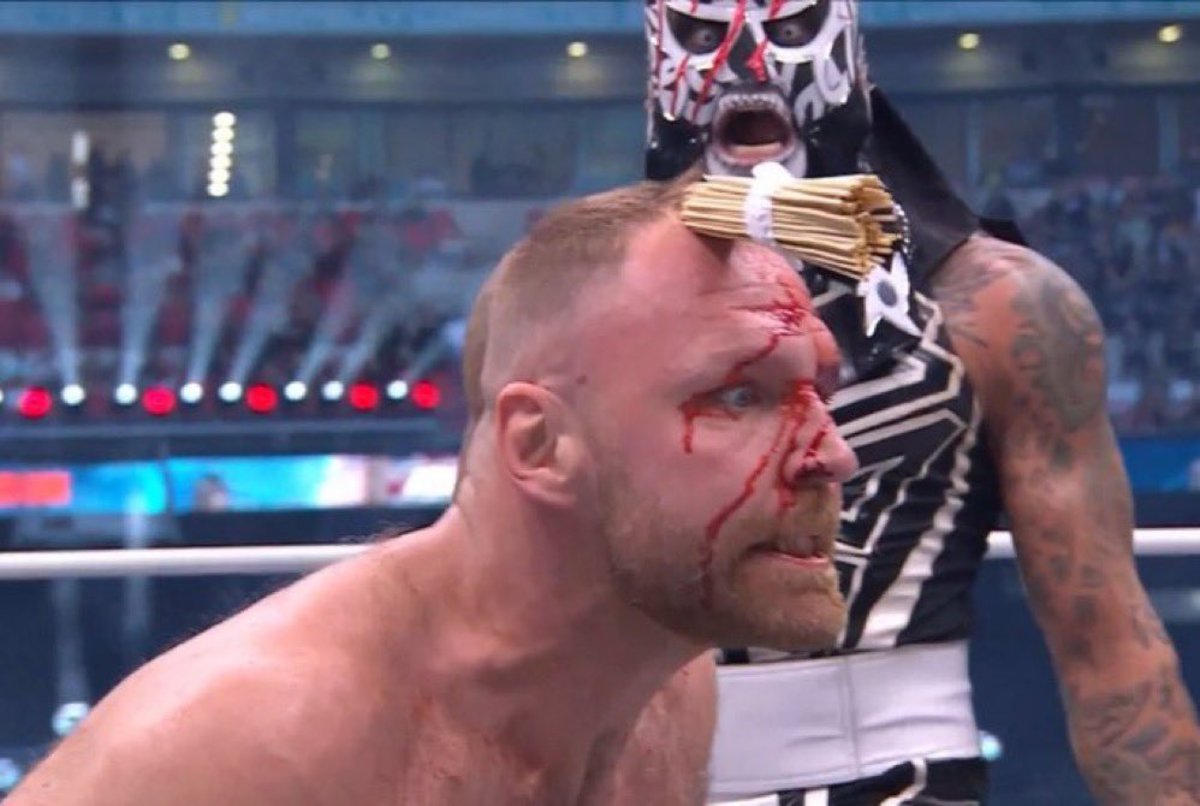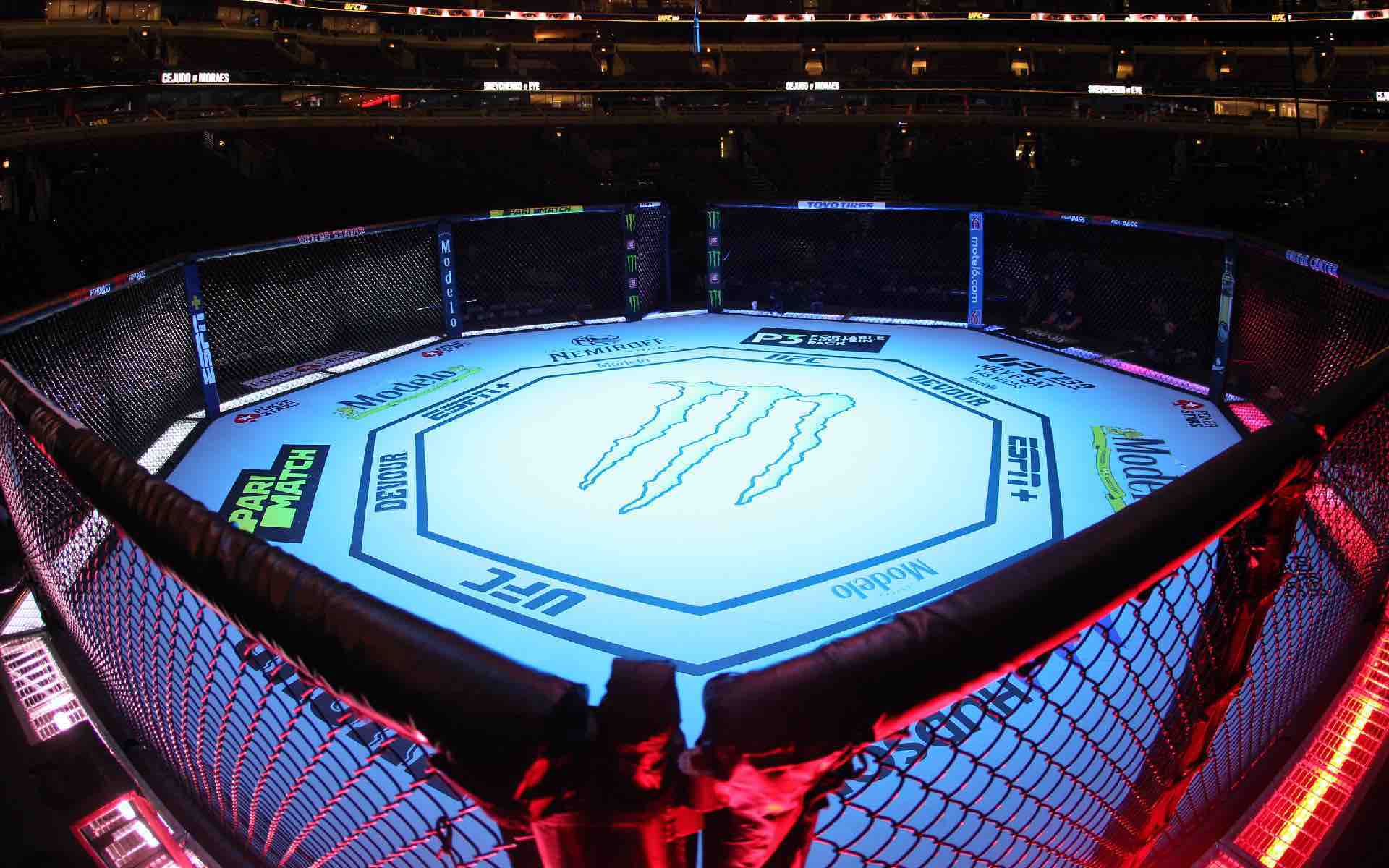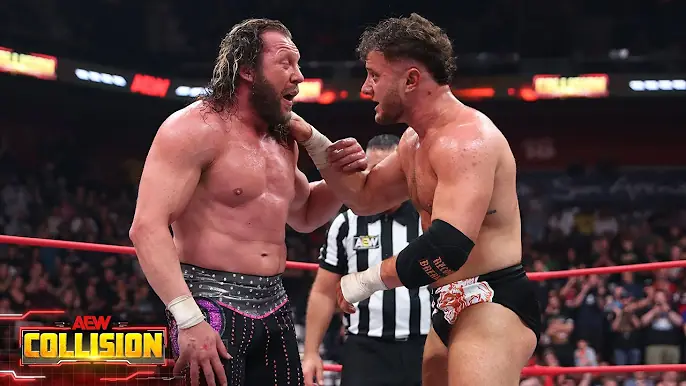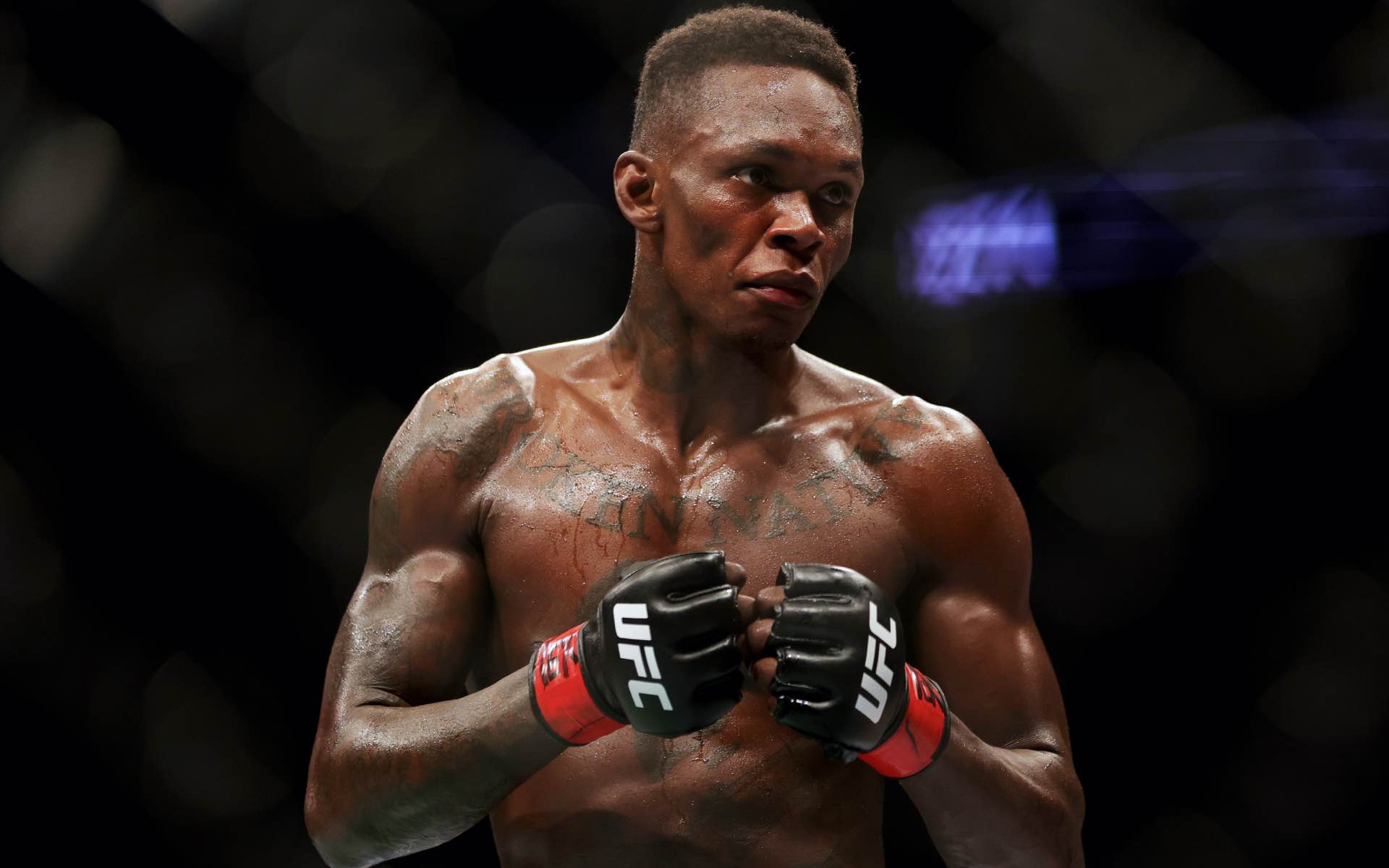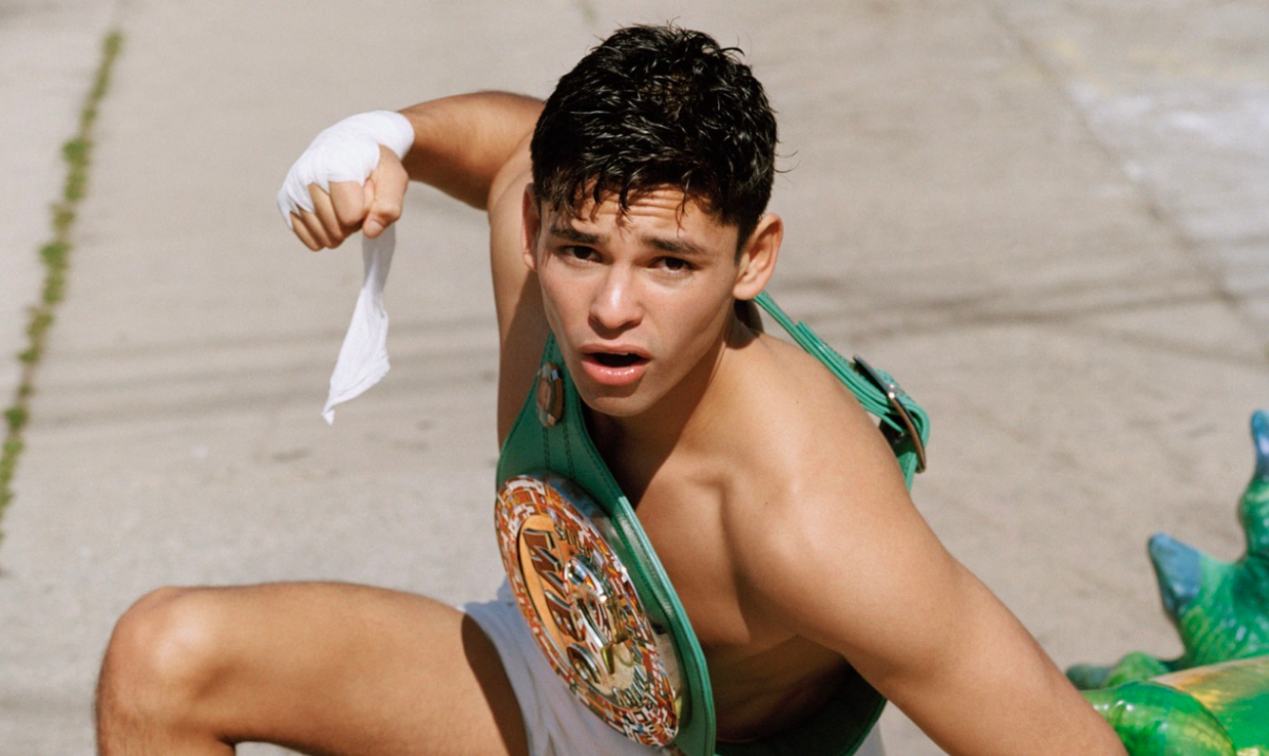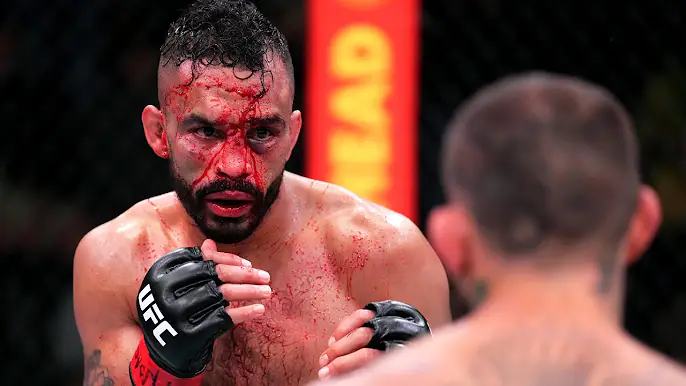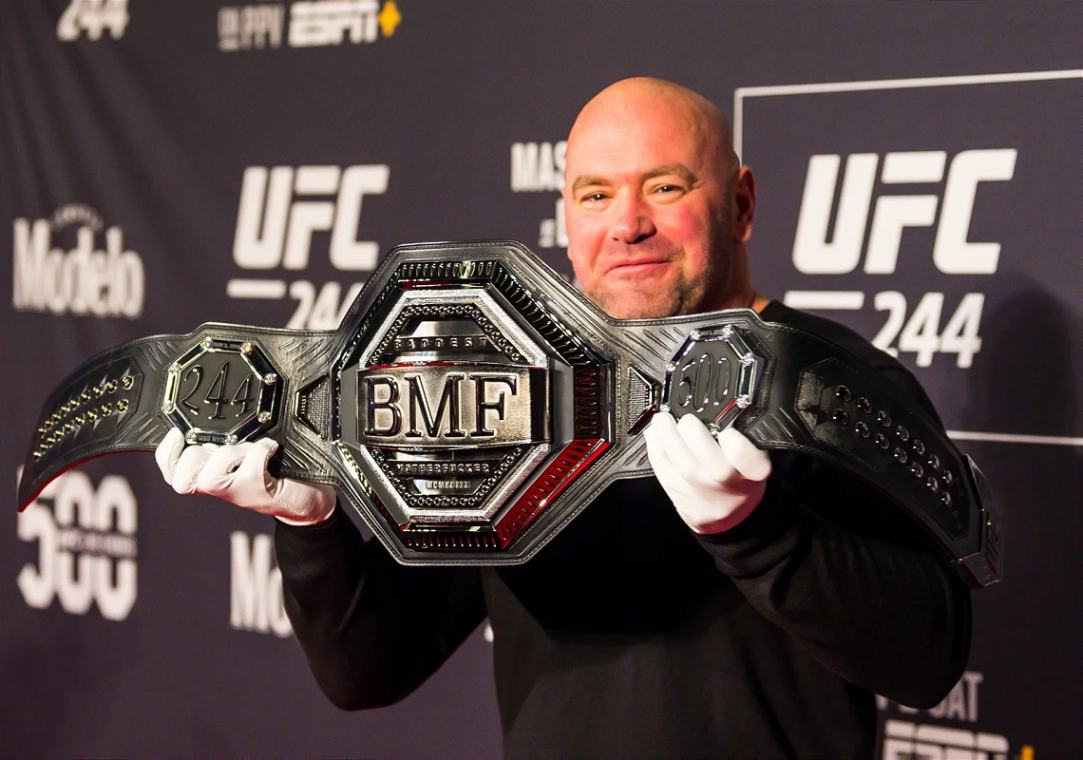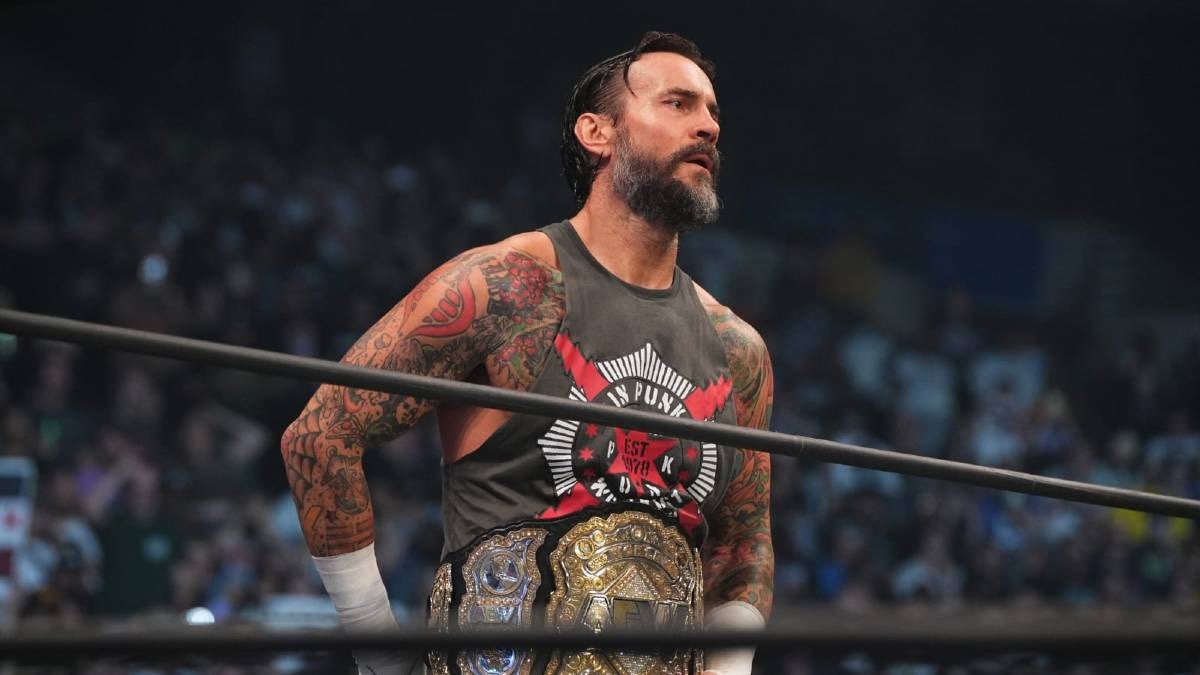The Role of Mental Toughness in the UFC: Psychological Strategies for Success
It is not a secret that mental strength is considered to be one of the major factors that differentiates a good fighter from a great fighter in the UFC. To this extent, it is possible to note that even though physical strength and technical abilities, as well as strategies, conquer the cage, the mental side of the sport can be the key to defeating the opponent in the octagon. This article aims at reviewing the state of mental strength in the UFC and will discuss the psychological behaviors that fighters apply to succeed and gain a psychological advantage over their opponents.
Understanding mental toughness
Definition and Components
In sports psychology, mental toughness is commonly described as the capacity to perform at the highest level of one’s capability and potential, irrespective of the competitive conditions. In the context of the UFC, it encompasses several components:
Resilience: the probability of a good bounce back after a mishap, an injury, or a loss.
Confidence: the confidence one has in his or her ability to perform skills as well as the ability to do so under pressure.
Focus: The concentration level during training and competition and how this can be managed.
Composure: managing stress and being able to remain in charge, especially when things get out of hand.
Motivation: the desire to strive and realize one’s aims and objectives with passion and determination.
The Role Played by Mental Strength in the UFC
Handling Pressure
Competition in the UFC entails forceful commitment. This is because, in addition to the physical contact, there is pressure from the fans, the media, and personal objectives. Apologies for clichés, but fighters have to deal with stress before the actual fight, media pressure, and finally, the pressure of wins or losses that can even change their lives. Mental toughness enables fighters to cope with this pressure, and therefore, it does not affect their performance.
Overcoming Adversity
Injury, getting off a loss, or fighting against a more skilled fighter are issues any fighter has to deal with. Mental strength allows the fighters to endure the pain when they are tired and when their mind tells them to quit. They state that it is important for one to be able to sustain optimum performance and get back up in cases of losses.
Sustaining Focus and Discipline
The training programs are very intense, diets are very low, and preparation is all the time, which calls for a lot of concentration and dedication. Mental toughness assists the fighters in following their training schedules and in maintaining focus on their objectives even when the desire to train is low or when external pressures are present.
Psychological Strategies for Success
Visualization and mental rehearsal
Mental imagery, or mental practice, is a technique well known to most successful sportspersons. It entails the formation of visual perceptions of success, which helps in the improvement of physical performance as well as boosting confidence.
In the UFC, fighters use visualization to:
Rehearse Fight Scenarios: Different fighting scenarios are envisioned, like applying a submission or receiving a strike, in order to prepare for any likelihood.
Build confidence: An athlete envisioning a victory can be equivalent to a boost in confidence in the cage.
Reduce Anxiety: Such visualization can be effective in calming nerves because it gives the feeling of having a familiar environment, which is the competition.
Goal Setting
Goal-setting is one of the fundamental components of mental toughness. Therapists have short-term and long-term objectives meant to assist them in planning their training and combat strategies. Goals should be:
Specific: For instance, the goals can be learning a particular manipulation or reaching a certain fitness level.
Measurable: goals that do not hinder the ability to chart the course of the organization.
Achievable: goals that are attainable by the fighter but at the same time stretch the fighter to the limit.
Relevant: targets that are in harmony with the fighter’s long-term objectives in the sport.
Time-bound: deadline, which brings about discipline and concentration.
Positive Self-Talk
The verbal self-messages that a fighter uses influence their performance in a given fight. Positive self-talk is the process of changing negative thoughts into positive and encouraging statements. This strategy helps fighters:
Boost Confidence: To strengthen confidence in the ability and readiness of the participants.
Maintain Focus: Focus as a state of being where the mind is not wandering and is instead laser-beam focused on the task at hand.
Manage stress by reducing anxiety levels and being calm during times of pressure.
Building a Good Foundation
It is evident that a strong pillar is needed to ensure a mentally strong person. Coaches, training partners, family, and friends motivate and encourage the athlete and also give feedback. It helps the fighters remain humble, motivated, and, more importantly, keep their eyes on the goal in their fighting careers. Also, it is noteworthy that consultations with sports psychologists can serve as a source of specific mental preparation and stress management.
Mindfulness and meditation
There are specific techniques in mindfulness and meditation that assist fighters in their ability to concentrate. These techniques include learning how the mind can be kept focused and are helpful in decreasing stress and increasing the degree of concentration.
In the UFC, mindfulness can help fighters:
Enhance Focus: Focus on the present moment and not let the mind move to the past or go ahead to the next event.
Improve Emotional Regulation: Interpersonal skills such as anger and/or frustration management and fear.
Learning to Regulate Emotions: Handling things like anger, frustration, and fear.
Complement Recovery: stimulating muscle recovery from the wear and tear of training sessions, fight simulations, and other muscular demands.
Case Studies: Applications of Mental Toughness
Georges St-Pierre
Georges St-Pierre (GSP) is arguably the greatest UFC fighter of all time. One of the crucial factors that contributed to his fame was his resilience. GSP is famous for his meticulous preparation, which includes otherworldly mental rehearsal and visualization. He talked a lot about visualizing every conceivable fight, which allowed him to keep his cool when the action heated up. The fact that he always gets back to the top of his game, as here in defeating Matt Serra despite having been defeated by him not so long ago, is a real credit to GSP’s ability to mentally recover from setbacks.
Conor McGregor
If we should look at the mental side of it, with his confidence, psychological war is probably part of Conor McGregor’s hardness. McGregor is a master of trash talk and mind games; he usually gets in the heads of his opponents before they even step foot inside the cage. It is his unshakable self-belief that has seen him achieve some of the biggest feats, such as winning titles in two weight classes simultaneously. McGregor has the mental toughness to recover from these minor roadblocks and remain a force.
Amanda Nunes
Mental toughness has played a major role in Amanda Nunes becoming the first woman to ever defend UFC titles in two weight classes. The troubles Nunes has faced along her journey, such as losses early in her career and personal ones, have made that title all the more earned. Her consistency in being focused, disciplined, and motivated is a talent only a few in the women’s bantamweight division could replicate. It is her mental fortitude and attitude that have helped Nunes remain among the all-time great female fighters to ever step foot in the UFC.
How to practice mental toughness in real life
Mental conditioning programs
There are mental conditioning programs that many fighters use as a part of their training regiment. These programs, typically directed by a sports psychologist, include:
Breathing exercises: regulating one’s breath to cope with stress and keep their cool.
Cognitive-behavioral techniques: recognizing and refuting unhealthy thought patterns.
Biofeedback: utilize biosigns to help achieve better self-regulation and self-control.
Simulation of fighting conditions
One of the most effective ways to adapt the fighter to fight stress is to train in simulated fight conditions. Sparring partners work to prepare themselves with the necessary rhythm and force. Forces them to be realistic and unpredictable. Vital provides the opportunity to practice concentration in various situations.
Recovery and stress management
Mental toughness requires proper recovery and stress management. Overtraining or burnout can erode mental endurance, so saving time, techniques of relaxation, and recreation should participate in the fighter’s life outside of the box. Taking time off to engage in hobbies or rest and decompress is just as vital, if not more so, than mental training.
The evolution of mental toughness in the UFC
Increasing recognition of mental training
Over the last year, the UFC and its fighters have been more vocal than ever about the significance of mental training. The taboos around mental health are starting to fade, and some top guys are willing to be open about their struggles, which shines a spotlight on the role they can play in pinnacle performance.
Integration with physical training
The indirect schools are slowly getting better. Both of these push fighters and coaches to understand that mental toughness can help improve their physical performance. Though, in spite of starting training with an integrated mental component, a portion of fighters won’t actually address genuine psychology and keep their struggles to themselves.
One look at the tales of fighters such as Georges St-Pierre, Conor McGregor, and Amanda Nunes shows just how much mental toughness can go into achieving greatness or refining one’s form to keep themselves there. As the next evolution of combat takes shape, so too will likely be an ascent in mental training as a key component for fighters to take them further above and beyond. Alongside, it is already known these days to have hearts inside those Octagon walls.
Finally, mental toughness is much less about being mentally strong and far more about the intelligent application of what it means to be smart in your head. It also requires a balance of resiliency, confidence, focus, composure, and the right portion of motivation—qualities that can be honed with committed mental skills training. But it is that very same mental toughness that, if they can understand and harness it, will allow UFC fighters to not only survive but thrive in one of the most competitive sports on the face of this planet!

